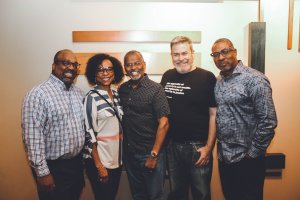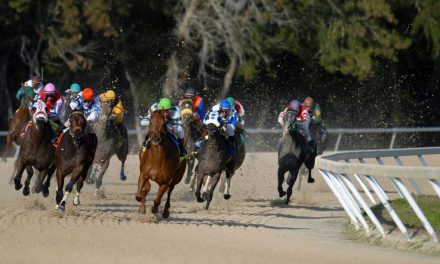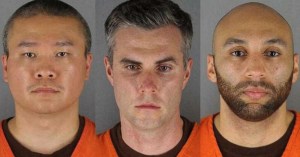By Zsana Hoskins,
Special to the AFRO
The LightReel Film Festival made its debut on June 8 in Washington, D.C. The festival, which ran until June 10, was founded and directed by Tim Gordon, a co-founder of the Black Reel Awards, which is the oldest cinema-exclusive awards ceremony for African Americans.
Gordon’s passion for showcasing a diverse range of films of all genres and backgrounds has transcended into the three day long LightReel Festival. The event offers a space for curated competition film screenings, workshops, panels and lectures.
“We have relationships with a lot of different actors, producers and directors. I’ve gotten calls from people like Gabby Sidibe. Coleman Domingo gave us a film last year,” said Gordon. “It’s about having relationships, knowing where to look, and doing the outreach with filmmakers across the country.”
Gordon explained the process for selecting films for the festival was “multi-tiered” but heavily focused on showcasing the nuances in Black cultures across the country.
Submissions opened in Aug. 2022 and every six weeks to two months, one level of submissions would close while Gordon remained on the hunt for impactful projects at other film festivals. Gordon used his knowledge as president of the Washington D.C. Area Film Critics Association to find more films to include.
“I would attend the Toronto International Film Fest, Sundance, the New African Film Fest here in Silver Spring,” said Gordon. “I’ll monitor festivals like The Durban International Film Festival–we’re always on the lookout for certain films that we’re trying to bring to the film festival. And then we add those in with the submission films.”
This year’s festival opened with “The Blackening,” a Black comedy/horror film premiered in theaters Juneteenth weekend. Opening night was one of Charles Kirkland’s favorite moments from the overall experience.
“Everything that we program has intention to it, and it’s meant to elevate our culture. We want people to recognize that there’s some good people out there doing some good work in the BIPOC (Black, Indigenous and people of color) area. If they see the word LightReel, they know that there’s quality attached,” said Charles Kirkland, the festival’s feature programmer. “Getting to introduce the opening night film was exciting because we were starting the festival. We got a packed house of people, and they’re all excited to see the movie. And it was a really good movie that people connected with. That was incredible for me.”
One of the rare attractions that LightReel featured this year was a Virtual Reality (VR) Lounge experience where guests could enjoy films up close and personal by diving into the screen.
This was accompanied by a new virtual option, which allowed for hybrid participation. Over 30 independent films were available for viewers at home via a platform called Eventive.
“The virtual element to me is really important because a lot of film festivals around the country have figured out that there’s an audience of people, but everybody can’t get there. It expands the audience. The virtual option is here to stay,” said Gordon.
For Kirkland, the experience overall was successful and he’s optimistic for the future of LightReel Film Festival, previously named the Lakefront Film Festival.
“We had the name for three years. In looking at the festival and thinking through it, I became a little frustrated with the politics involved. I had a vision for something and we didn’t see eye to eye on the vision,” said Gordon.
Gordon also believes that the festival’s original location of Columbia, Md. didn’t allow for activities and attractions for other guests who may not be interested in film but wanted to attend the festival to have fun. “We needed a place that we could grow the festival, and Washington, D.C. became natural.”
Kirkland agreed, sharing that he felt that the District is the perfect location for LightReel.
“When we were in Columbia, it was nice. But it was kind of remote. Now we have a hotel within walking distance, we have eateries right around–I mean, I think it’s just perfect,” said Kirkland.
Monique Kirkland, one of LightReel’s on-site directors, mentioned the sheer enjoyment and intimate feel of Angelika’s theater.
“I liked the way that Angelika is a quaint little theater, there weren’t 300 seats in every room. So those who come can see each other—it would give you more of a family vibe. You’d see the same people Thursday, Friday, and Saturday,” said Monique.
Gordon and the Kirklands hope that the festival will leave a lasting impression overall.
“I knew that we had something special, people enjoyed it. But when the executives and the people in the industry come out and say they had ‘a good time,’ it can only help us to grow our festival to where we would really like it to be,” Kirkland said.
The post LightReel Film Fest, BIPOC film festival, debuts in D.C. appeared first on AFRO American Newspapers .











